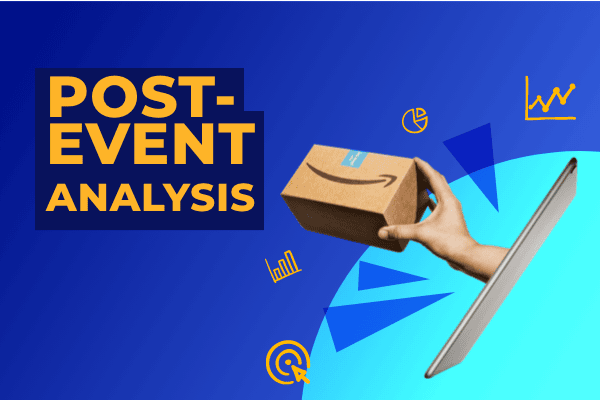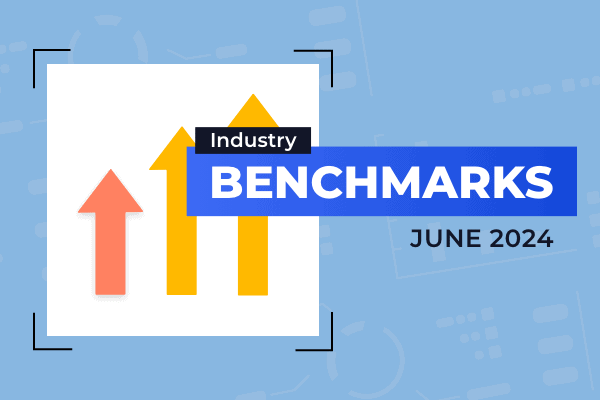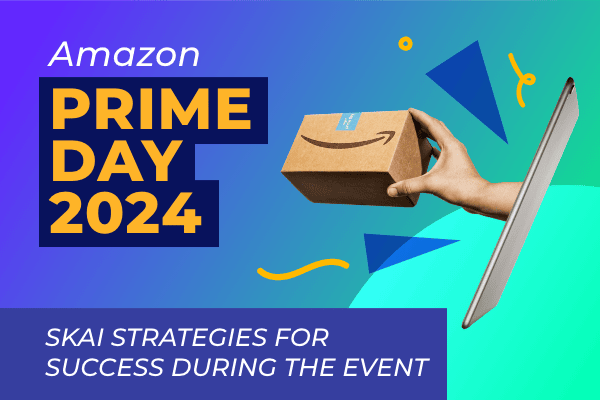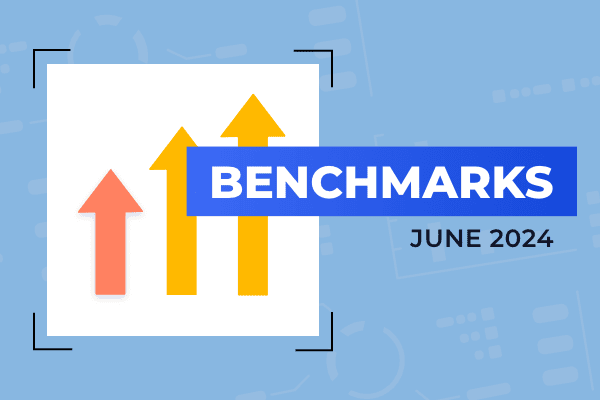Summary
Google Value-Based Bidding transforms how marketers optimize their ad spend by focusing on the quality and value of each conversion rather than just the quantity. This advanced approach, coupled with Skai’s Signal Enhancement, allows businesses to leverage additional first-party data from CRM and offline sources to fine-tune bidding strategies.
Back in the old days (circa 2005), search marketers spent a good portion of their week manually managing bids through endless spreadsheets. Why? When it comes to any auction-based, biddable media channel, if you bid too low, you will lose out on keyword auctions and be unable to spend your budget. If you bid too high, you risk overpaying and wasting your budget needlessly.
Sophisticated bidding is essential, yet it consumes an inordinate amount of time. The introduction of Google’s automated bidding system a few years ago marked a transformative shift in paid search, freeing marketers from the cumbersome task of bid management. Since then, bid automation has taken over mundane tasks and has paved the way for more time spent being creative and crafting impactful advertising strategies.
The next advancement in this evolution is Google’s Value-Based Bidding. This sophisticated approach goes beyond merely counting conversions; it emphasizes the quality and value of each conversion. In today’s post, we’ll explore how value-based bidding helps to finetune Google Smartbidding and how Skai’s Signal Enhancement capability aids in this process.
The Evolution of Google Bidding
Initially, Google Ads offered manual bidding. Self-service management control was revolutionary in the offline advertising world at that time — where deals were done via handshakes, rate cards, martini lunches, and fax machines. It allowed advertisers to manage ad spending to match their specific budget and campaign goals 24/7, 365.
Google’s first step into automated bidding in 2010, Conversion Optimizer, marked a significant milestone in the evolution of digital advertising. Introduced to simplify the complex task of bid management, the Conversion Optimizer used machine learning to optimize bids and significantly reduced the time marketers spent on manual adjustments.
Then came Enhanced Cost-per-click (eCPC) as a “happy medium” between manual and automated bidding. It uses the marketer’s manual bids and then adjusts them for keywords and ads that Google thinks are more likely to lead to a sale or conversion.
As the digital landscape grew, Google formally introduced automated bidding, a system that uses machine learning to optimize bids around the clock. This relieved marketers of constant bid adjustments and improved the overall efficiency and performance of ad campaigns by leveraging advanced algorithms to make data-driven decisions.
The evolution of bidding strategies further advanced with the introduction of Smart Bidding. This technique uses real-time bidding adjustments based on many signals to determine the optimal bid for every auction. Smart Bidding enhances campaign performance by automatically adjusting bids to maximize the chances of achieving specified goals.
“Over time, I saw that the development of automated bidding improved with all the different signals that you’re feeding in. And then it became the question of. like, if I trusted to manage my money, why do I not trust it as much to manage the queries that I’m showing on?”
Value-Based Bidding
Value-Based Bidding is an enhancement to Smart Bidding that enables you to prioritize conversions differently based on their value to your business. You can assign values to various actions, directing the bidding algorithm to optimize for higher-value outcomes.
This method optimizes ad spending for maximum profitability by enabling advertisers to instruct the automated bidding system to prioritize and bid more aggressively on higher-value conversions. This refined focus ensures that marketing budgets are invested in areas most likely to drive true business impact, moving beyond traditional metrics to a more nuanced understanding of what drives real value.
Here are a few scenarios to illustrate this feature:
When you are tracking conversions of different values. Google advertisers generally track multiple conversions, some of which are worth a lot more to the business than others. For example, some of Skai’s conversions are demo requests, downloads of reports, webinar registrations, and home page visits. Like many B2B tech companies, we don’t sell anything directly online. Google conversion tracking can only “see” the online data: every conversion equaling 1.
But, as you can imagine, a demo request is an invitation to meet the customer and show them what we have to offer, which is worth a lot more than a report download. With Value-Based Bidding, you can “explain” this to Google.
When you want Google to bid with profit data. Consider a retailer that sells two shirts, a red shirt and a blue shirt, for $100 each. As Google collects the onsite data of these conversions, it uses that information as a direct input into the Smart Bidding algorithm to focus the budget on the campaigns, ads, and keywords that are driving sales.
However, what if the retailer makes $75 off the $100 red shirt but only makes $25 off the blue shirt? Wouldn’t you want Google to prioritize the red shirt with bids more than the blue shirt? Of course, you would! But with Google conversion tracking, the system is only able to see the $100 sale, not the profit margin. With Value-Based Bidding, you can upload these values so the system can bid accordingly.
When your conversion doesn’t happen online. Universities are a good example of this kind of business. Their primary conversion, funded registrations, rarely occur on their website. While info requests and counselor scheduling are certainly the first steps to a funded registration, they aren’t directly correlated with success.
Google’s Smart Bidding algorithms need that data to focus the budget on registrations to ensure the automated bidding aligns with its core objectives.
As you can see from these examples, Value-Based Bidding, is well, very valuable indeed.
Skai’s Signal Enhancement
Skai’s Paid Search solution supports Smart Bidding to empower marketers to maximize their search campaign results. In addition to this powerful solution’s built-in capabilities for automated, AI-driven bidding, Skai has developed features that provide additional insights, control, and efficiency to enhance campaign performance.
One of these paid search capabilities is Skai’s Signal Enhancement, which is an innovative approach that boosts the capabilities of Google’s automated bidding algorithms by incorporating additional signals from CRM and offline and online data sources. This enhancement to Value-Based Bidding aligns these inputs more closely with true business objectives by ensuring that the true value of each conversion is accurately reflected in Smart Bidding strategies, which is critical for maximizing campaign ROI and overall business growth.
The agency, Kinase, used Skai’s Signal Enhancement to dramatically increase ROI for Toolstation, a prominent hardware supplier. By incorporating additional signals from CRM, offline, and online data sources into their bidding strategy, Kinase managed to fine-tune Toolstation’s advertising efforts. The outcome was impressive, yielding a 168% increase in ROI. This success story clearly demonstrates the power of utilizing advanced data to refine ad strategies and significantly improve financial returns.
Use Skai to power your Value-Based Bidding strategy and for so much more
Skai’s Paid Search solution helps you stay ahead of your competition and reach consumers when and where they’re searching. Our advanced optimization and reporting are coupled with automated solutions, including tools for bidding and budgeting, and much more. As part of our omnichannel platform, connect the walled gardens and manage campaigns on all the top publishers across retail media, paid social, and app marketing.
Client results include:
- 756% increase in conversions for New York Magazine
- 168% increase in year-over-year ROI for Toolstation
- 20% decrease in cost per acquisition for Endurance
- 150% increase in ROAS for Michaels Company
Please schedule a brief chat with our team to learn more about how Skai can help with Google Value-Based Bidding and to see our cutting-edge innovation firsthand.







